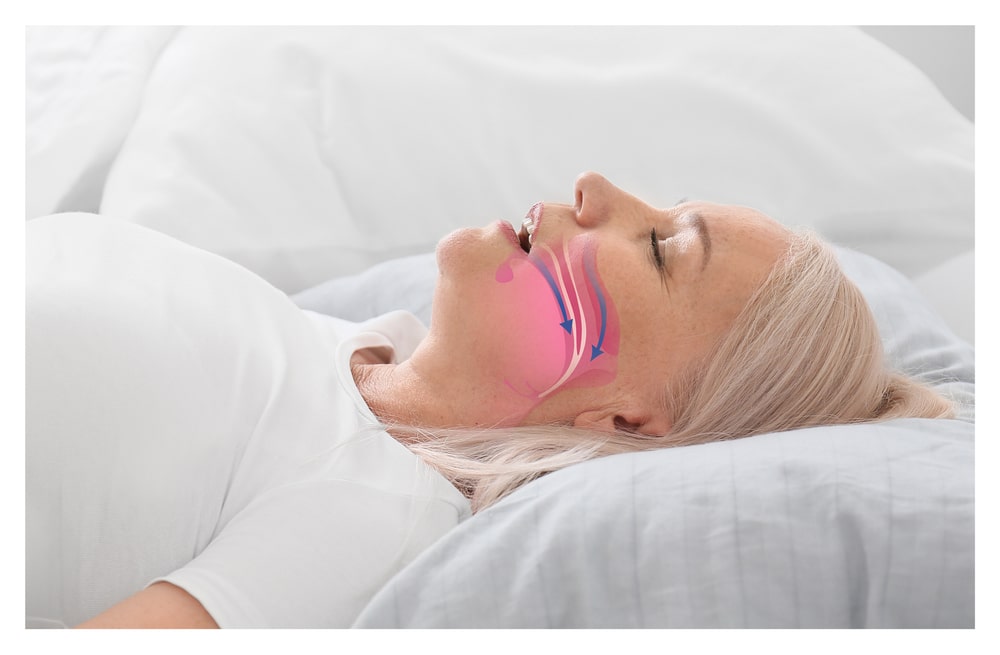Miss Nora Haloob
Consultant ENT Surgeon
Specialist expertise: Rhinology.
Snoring is a very common symptom affecting over 40% of adults. It is twice as common in men and the likelihood of snoring increases with age. Reassuringly in most cases it is not harmful to your health, although it may affect your or your partner’s quality of life. Up to 20% of people who snore however, may be suffering with a serious underlying condition called obstructive sleep apnoea (OSA).

info@onewelbeck.com
02036532000
Loud snoring can impact an individual’s sleep cycles and that of any bed partners. Research shows that often patients' lifestyle choices, such as weight management, changing sleeping position, and cutting down on drinking, smoking, and sleeping medication (if applicable) can help limit occasional snoring. In more chronic cases there are medical and surgical treatments that can help reduce & prevent snoring.
However, persistent or loud snoring should not be ignored. A patient that snores regularly (over 3 nights a week) and/or loudly (especially if loud enough to be heard in an adjacent room) may have a serious underlying health condition called obstructive sleep apnoea (OSA). This is a serious health issue, and occurs when breathing repeatedly starts and stops while asleep. Untreated patients suffering from OSA increase their risk of developing serious health problems including strokes, heart failure, and hypertension. This risk rises in proportion to the severity of sleep apnoea, so measuring the severity can guide treatment decisions.

Common causes for snoring include:

While snoring is more common in older adults, it can also affect children. Occasional snoring in children is usually nothing to worry about. However, frequent or heavy snoring might indicate a sleep-breathing problem.
If your child snores frequently, it’s recommended to consult your doctor or a specialist at OneWelbeck. Our paediatric specialists can effectively address any symptoms and recommend the best course of action.

Upon completing the OneWelbeck Sleep study there are a variety of treatments available for snoring. These will be advised by the consultant based on the feedback from the diagnostics.
The gold standard treatment for sleep apnoea is continuous positive airway pressure (CPAP). This is a mask connected to a machine that will blow air through the nostrils and/or mouth throughout the night, keeping the airways open and the snoring at a minimum.
There is also the option for nasal and throat surgical sleep treatments for snoring. The patient will be notified if they have the option to undergo these once they have been assessed. For some patients a mandibular advancement device or a positional approach are the best solutions.
Book a consultation at our sleep centre to get started.
Currently selected day
Available consultations
We have an expert team of snoring specialists who are perfectly placed to help you or your partner with their snoring.